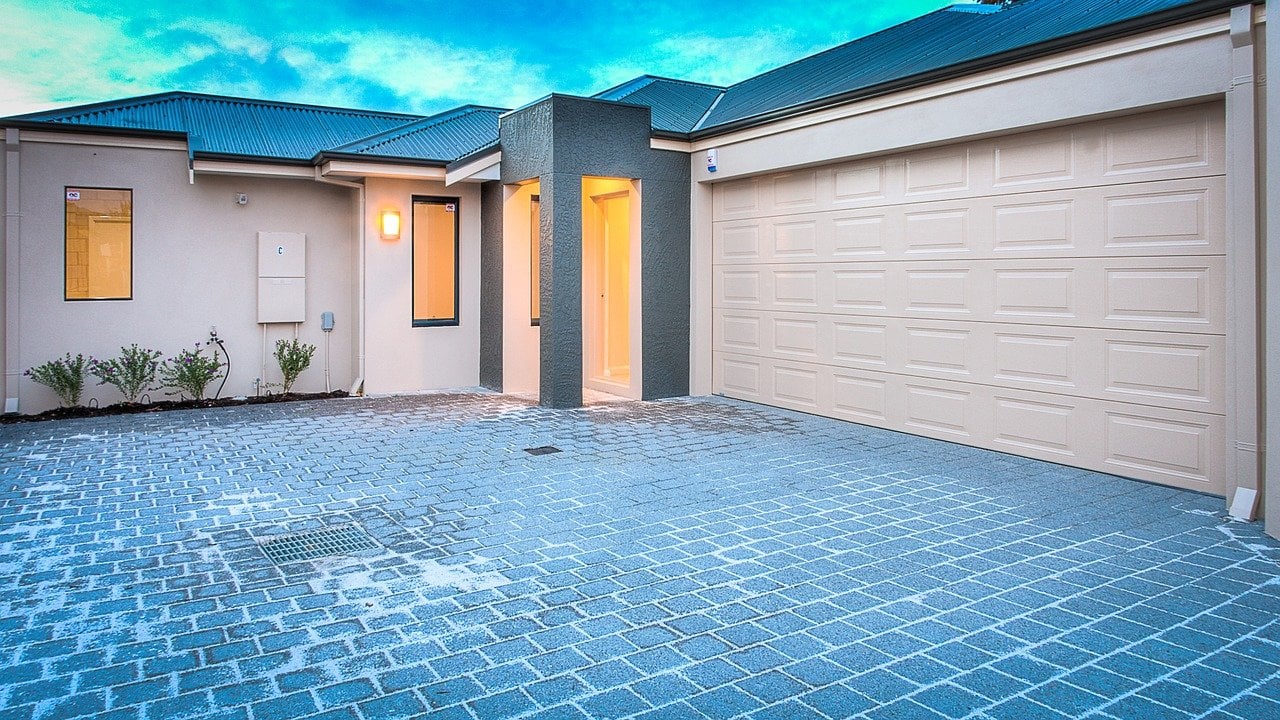The reality of today’s market is that in many cities and at certain price points it is a full-on sellers’ market. When a house is properly priced, you should expect multiple offers to be sent to the seller in a matter of a couple of days. This is very discouraging for buyers that have been in the market for a house for some time but keep in mind that someone is going to win the bidding war. With a good strategy, you greatly improve your chances of being that winning bidder.

- First and foremost, you have to be preapproved for a loan. Being prequalified isn’t going to cut it when the seller has three other offers from preapproved buyers.
- Your buyer’s agent should have experience negotiating when multiple offers are on the table. He or she needs to have extreme knowledge of the local market and the skill to learn what is of particular importance to this particular seller. Your agent should know when it’s appropriate to bid above the asking price and within a few dollars of what the house will appraise for.
- Both you and your agent need to know the market. Especially how fast prices are increasing and what very recent comparable homes have sold for. If you truly want the home and are expecting a bidding war, you might want to offer more than the asking price because multiple bids are going to drive the price there anyway.
- Be prepared to bridge a gap between the appraisal price and the selling price. In a hot market it might only take a few months for the appraised value to come up to the higher sales price. If you have the cash, you are in a position to pay cash for the amount between the appraisal and selling price.
- Write your best offer from the beginning. It’s not likely you’ll be negotiating the price down so your strategy should be to create a clear gap between your offer and other offers that are trying to negotiate downward. Sometimes sellers deliberately set a price below comparable sales in an effort to generate multiple offers, so paying a little extra doesn't necessarily mean you are paying over market value.
- Offer a large earnest deposit. We’ll get to contingencies in a moment but if you back out or the deal falls through for a reason not covered by contingencies, the seller gets to keep the earnest money. You don’t pay the earnest money until the seller accepts your offer but putting higher than customary earnest money in your offer tells the seller that you really want the home. Your earnest money applies to your down payment at closing. If you are planning to bridge the gap between the appraised value and selling price, putting some of the bridge money into the earnest money is very convincing to the seller.
- Be careful to minimize your contingencies. Talk with your agent about whether you can or should waive any contingencies. Always get a home inspection but have your home inspector on speed dial. Most home inspection contingencies allow 10 days to have the home inspected and for you to accept or reject the inspection. Shorten your contingency to 5 or 7 days. The advantage to the seller is that if you reject the house based on the inspection, they can quickly turn to offer number 2. If the home does need repairs for your lender to approve the loan or to meet your needs, be careful what you ask the seller to pay for.
- Be flexible about the closing date. There may be multiple deals in work. The sellers might be buying another home contingent on selling their current home. The seller could need to take possession of their next home quickly or they might need to stay in their current home a little longer. Or the seller might quickly need cash from the sale for another reason. This is one place where a good agent will know the particular needs of the seller. In a close bidding war, you being flexible about the closing date can swing the deal in your favor. Be prepared if the seller asks to change the closing date after the final purchase agreement has been accepted. This is another contingency that you can wave.
- Of less importance but helpful in some cases is writing a personal letter to the seller telling them why you love the home, how much you appreciate any upgrades they made, and how you’ll take good care of the home. The seller might love the home also and want it to go to the right buyer.
If the market you are in is extremely tight, you might not win your first bidding war. However, you will become better at it with each offer you submit and be able to refine your strategy.
What can you add to bidding war winning strategies? Please leave a comment.
 Author bio: Brian Kline has been investing in real estate for more than 35 years and writing about real estate investing for 10 years. He also draws upon 30 plus years of business experience including 12 years as a manager at Boeing Aircraft Company. Brian currently lives at Lake Cushman, Washington. A vacation destination, a few short miles from a national forest. With the Pacific Ocean a couple of miles in the opposite direction.
Author bio: Brian Kline has been investing in real estate for more than 35 years and writing about real estate investing for 10 years. He also draws upon 30 plus years of business experience including 12 years as a manager at Boeing Aircraft Company. Brian currently lives at Lake Cushman, Washington. A vacation destination, a few short miles from a national forest. With the Pacific Ocean a couple of miles in the opposite direction.
Brian Kline has been investing in real estate for more than 30 years and writing about real estate investing for seven years with articles listed on Yahoo Finance, Benzinga, and uRBN. Brian is a regular contributor at Realty Biz News
Latest posts by Brian Kline
(see all)
 Author bio: Brian Kline has been investing in real estate for more than 35 years and writing about real estate investing for 10 years. He also draws upon 30 plus years of business experience including 12 years as a manager at Boeing Aircraft Company. Brian currently lives at Lake Cushman, Washington. A vacation destination, a few short miles from a national forest. With the Pacific Ocean a couple of miles in the opposite direction.
Author bio: Brian Kline has been investing in real estate for more than 35 years and writing about real estate investing for 10 years. He also draws upon 30 plus years of business experience including 12 years as a manager at Boeing Aircraft Company. Brian currently lives at Lake Cushman, Washington. A vacation destination, a few short miles from a national forest. With the Pacific Ocean a couple of miles in the opposite direction.